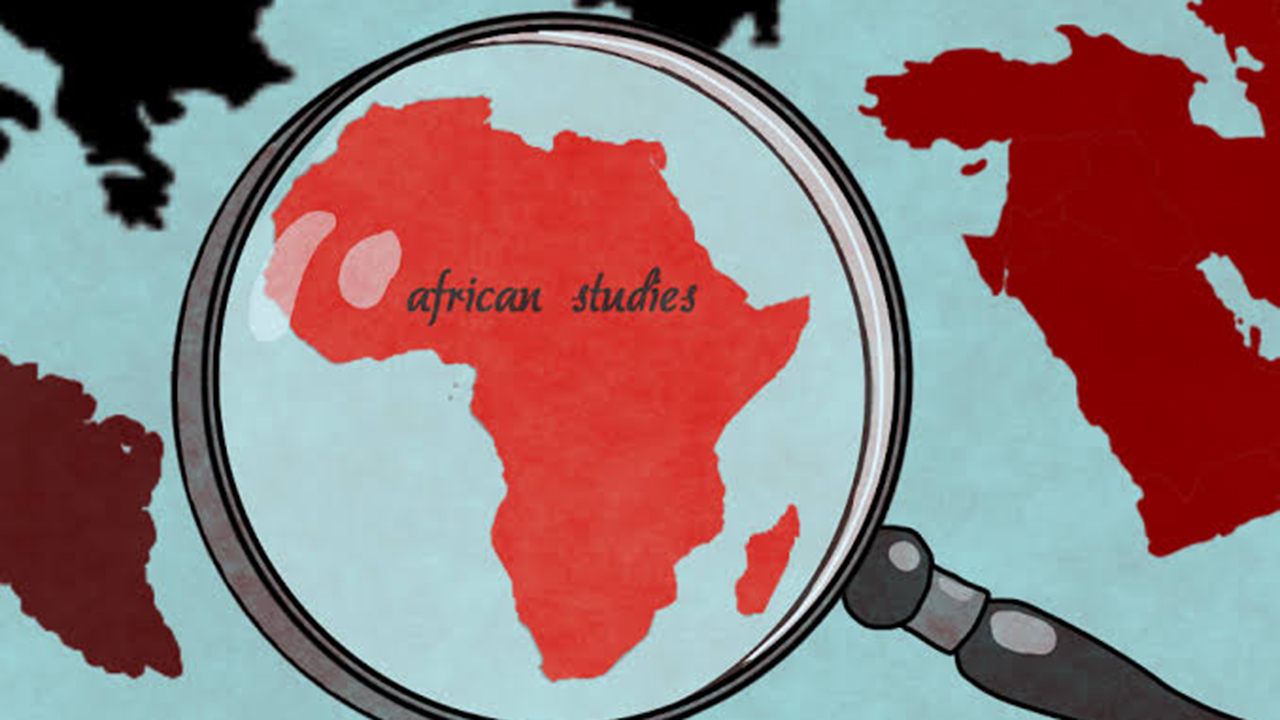
Stakeholders in the academia drawn from major parts of the world have insisted that for African economies to experience a boost, prioritising African cultures is a must.
This was part of the submissions made during the last Toyin Falola Interview Series held on Sunday across various social media and online platforms. The Toyin Falola Interviews is a series of discussions, hosted by Professor Toyin Falola at the University of Texas at Austin, that aim to amplify the voices of Africa and the African Diaspora.
Members of the panel, led by Professor Falola, were Professors Kenneth Harrow, Richard Joseph and Ouissen Alidou. Professor Kenneth Harrow, a distinguished Professor of English at Michigan State University, with a career spanning half a century, is a notable intellectual who has significantly shaped the academic landscape. Professor Ouissen Alidou is a distinguished professor of Humane Letters at Rutgers University New Brunswick, with specialty in Theoretical Linguistics, Gender and African Studies. Professor Richard Joseph has developed his scholarly career to studying politics and governance in Africa, focusing on democratic transition, state-building and state collapse, and conflict resolution.
While responding to the theme of the conversation, African Studies, Professor Harrow noted that how well African Studies has served Africa’s interest is an ongoing conversation that must prioritise the utilization of African cultures for the development of its various economies. For him, “We have been struggling from the start in both creating an audience for African literature on the continent and recording it for cinema. When will Africans see the movies that African filmmakers are making? It has been a locked up system where European and American directors and distributors would have to hold on to which films would be distributed around the world. It became really hard for an African filmmaker to get his or her films seen on the continent. That problem is still with us. Now it has shifted; it has morphed. Now we have platforms like Amazon, Netflix and the rest. Great! But why are they not talking about African languages? But what about those who are going to read African novels in African languages? But more importantly, who are the publishers that would take on the task of publishing such books and trying to get an audience to pay for it? That is a problem that we are faced with. We must think about how to centre African culture economically in a global age.”
On her part, Professor Alidou argued that African Studies remains very relevant to the continent and it still serves its purpose. She, however, called for a review of the European style of education in Africa.
“African Studies is critical to Africa. The introduction of European school system has produced a way of seeing Africa. This has to be revisited. Looking at African studies from a decolonised perspective is very important for Africa, within and outside the continent. I am coming from the history of been produced out of the francophone experience. I know more in this trajectory of my training. I will know more authors and knowledge systems that are more associated to Europe than authors and scientists who are from Africa and from the locality that I am studying. When I think of African Studies, I am not only thinking in terms of the infrastructure in the global north where I am located. I am thinking of African Studies across time and in any space. Why is it important to centre on Africa? African Studies is important not only for Africans but to see the ways in which Africa is contributing to the wellbeing of humanity, not only of people of African descent but any geography. To not understand Africa in a decolonised perspective and what Africa has to offer to the world becomes a problem. It is important for us to centre on knowing what Africa has to offer to the world both through the humanities and sciences. It is unfortunate that the STEM movement does not incorporate arts and also African cosmology and philosophy. This is important so that we can interprete science and its relationship to arts and spirituality. This is also not to think of Africa in an essentialist way. This is because Africa also needs to learn from the world; other parts of the world have produced knowledge systems that a dialogue centered on Africa and Africa in relationship to the multiple ecosystems of knowledge is very critical. I think it is very critical that we reinvest in African Studies,” she noted.
Professor Joseph expressed a note of caution in his assessment of the current situation in Africa when he said that “Young people are fleeing the continent and we know what tragedies they are really taking on. I think that this something that needs to be addressed. Knowledge is being used in a whole variety of rather interesting, exotic ways. We really need collaborative learning in Africa based on what is happening at the moment. The continent of Africa cannot continue to be drifting the way it is. There is popular dissatisfaction even with the democratic systems. I am a very strong believer that these cultural resources, practices and productions are going to be so very critical to that process of reimagining and re-empowering.”
The interaction had over one million viewers and prominent members of the audience who gave their intervention included Professor Niyi Osundare, Ambassador J. J. Lewu, Temitope Fagunwa, Samson Afolabi, Olayinka Agbetuyi, Mary Kinyanjui, and Dr. Mary Owusu.






